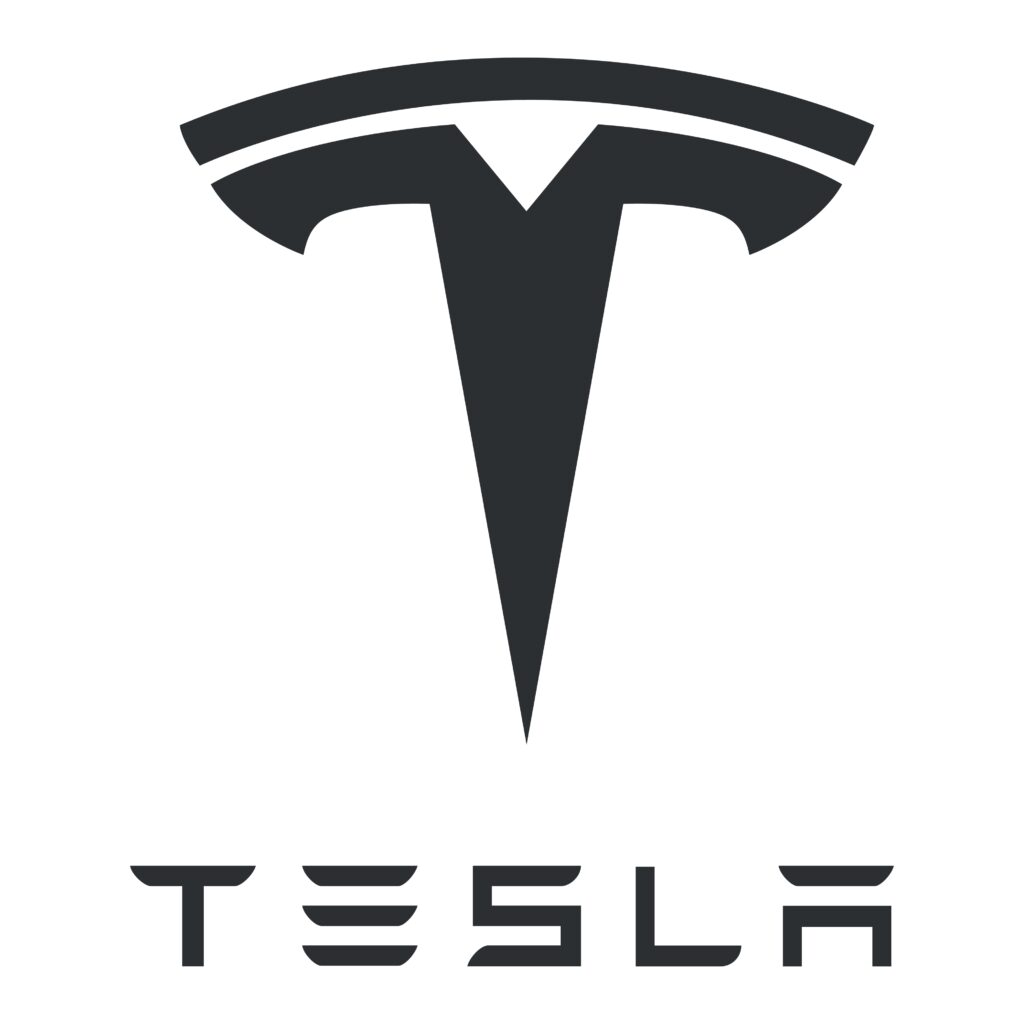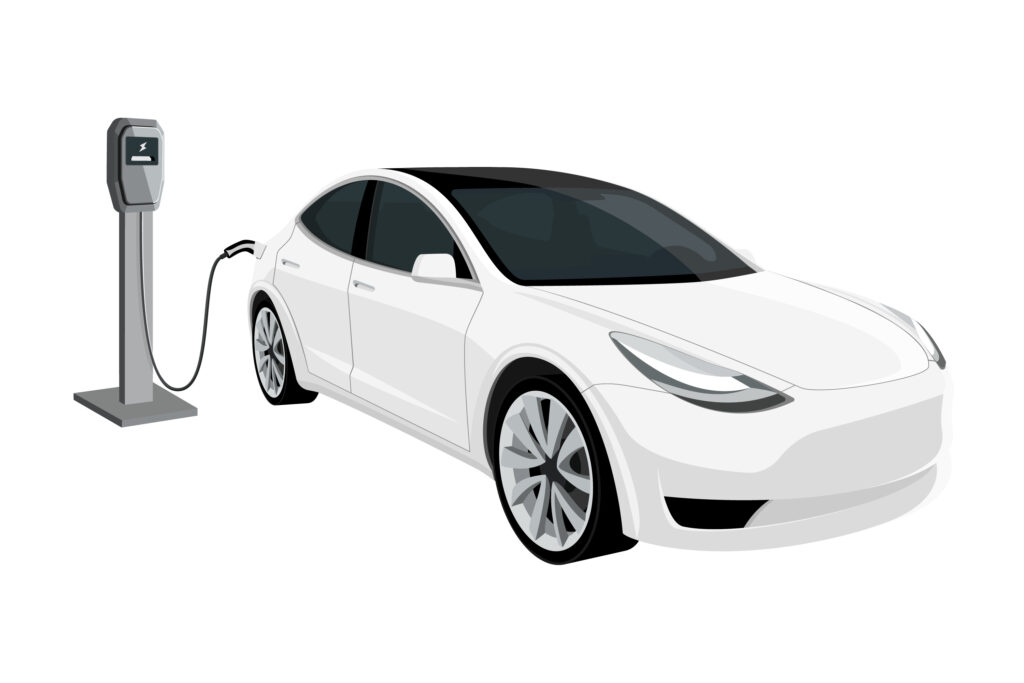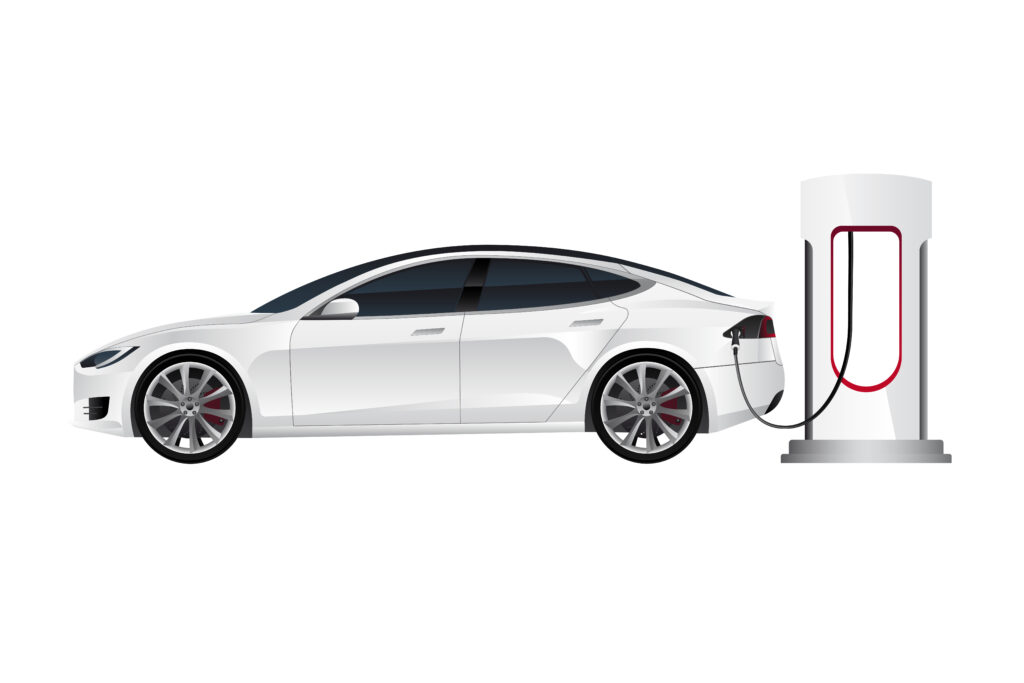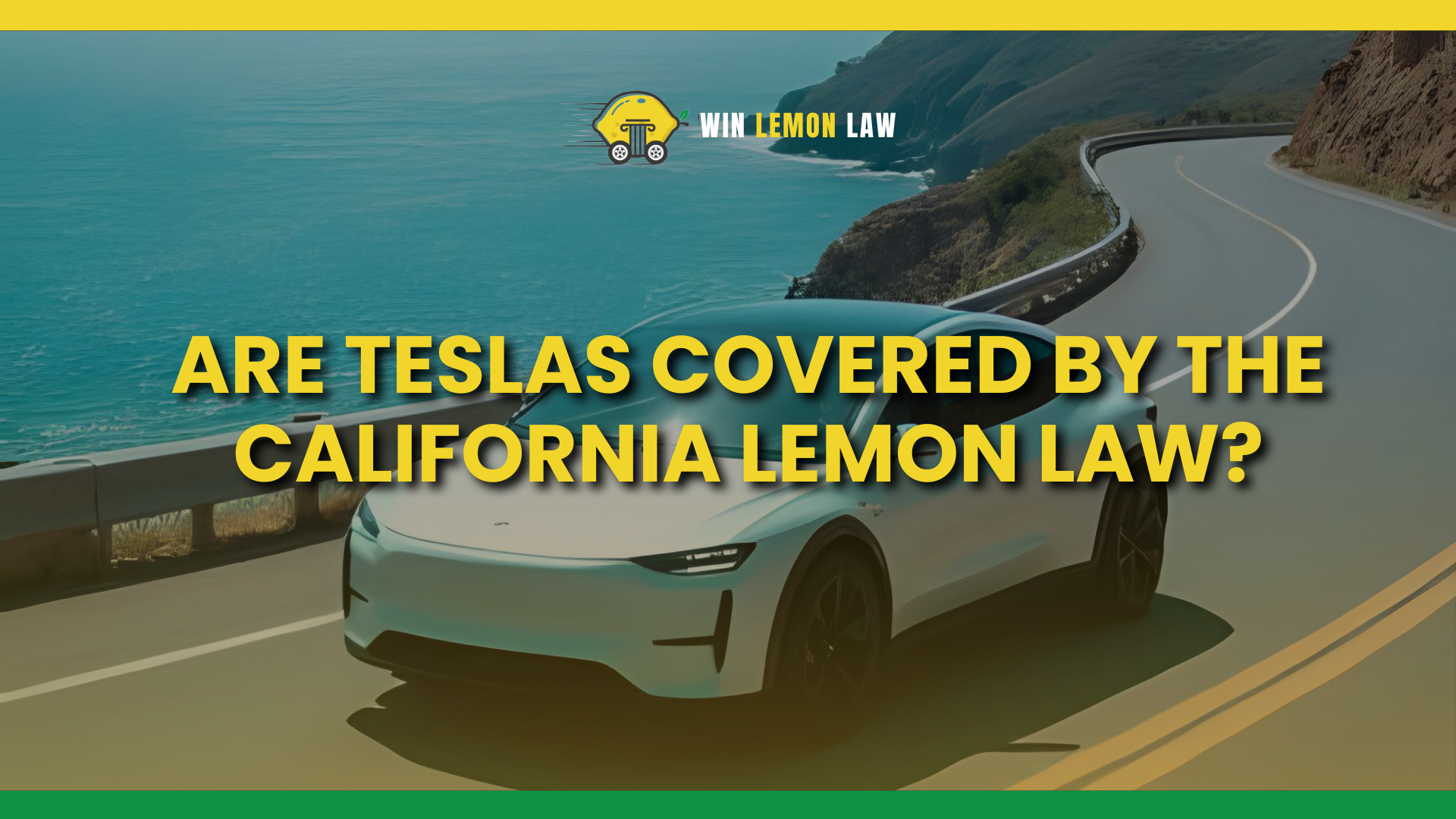Tesla has become a status symbol and a tech enthusiast’s dream. With futuristic software, sleek design, and powerful electric performance, it represents the cutting edge of the automotive industry. Californians have embraced the brand in record numbers — from eco-conscious drivers to early adopters of automation and driver-assist technology. But behind the hype, a growing number of Tesla owners are facing persistent issues that sour the ownership experience.
From autopilot bugs and touchscreen failures to software updates that cause more harm than good, these problems can turn what was supposed to be a seamless driving experience into a frustrating cycle of service appointments and vague responses. Many Tesla owners feel trapped — stuck with a defective vehicle, unclear warranty coverage, and a manufacturer that offers few direct answers.
Fortunately, California’s lemon law provides a legal remedy for vehicle owners — including those with electric and software-based vehicles like Tesla. If your vehicle is under warranty and repeated repairs haven’t fixed the problem, you may qualify for a buyback or replacement at Tesla’s expense.
At Win Lemon Law, we’ve helped countless Tesla owners take action against the manufacturer and recover the compensation they deserve. This blog clears up some of the biggest myths surrounding Tesla lemon law claims and shows how legal action can protect your rights — and your investment.
What Is the California Lemon Law?

The California Lemon Law, formally known as the Song-Beverly Consumer Warranty Act, protects consumers who purchase or lease defective vehicles still covered under the manufacturer’s warranty. When a car — including electric vehicles — suffers from a significant defect that the manufacturer can’t resolve within a reasonable number of attempts, the law steps in to offer relief.
What counts as a “significant defect”? Anything that impairs the use, value, or safety of the vehicle. That includes ongoing battery issues, self-driving glitches, charging failures, or software bugs that affect essential features of the car. If your Tesla spends more time in a service bay than on the road, you may have a valid lemon law claim.
In qualifying cases, you can receive a full buyback, a vehicle replacement, or a cash settlement, depending on your circumstances. Better still, California law requires that the manufacturer pay your legal fees, so there’s no out-of-pocket cost to file a claim when you work with a qualified attorney.
Even if your issue seems small or you’re unsure whether it qualifies, having a legal team review your case can make all the difference. At Win Lemon Law, we offer free consultations and only get paid when we win.
Myth #1: Teslas Aren’t Covered Under Lemon Law
This is one of the most persistent — and most harmful — myths circulating among Tesla drivers. The idea that electric or “high-tech” vehicles fall outside of traditional consumer protection laws is flat-out incorrect. In California, lemon law applies to any new or leased vehicle sold with a manufacturer’s warranty, regardless of how it’s powered or how sophisticated its systems are.
That means all Tesla models — from the Model 3 to the Model X — are covered. If you’ve brought your car in for repairs multiple times and the issue still hasn’t been resolved, you have every right to pursue a lemon law claim. You don’t have to accept defective software, hardware failures, or endless delays just because your vehicle came from a company that markets itself as innovative.
Don’t let Tesla’s branding fool you: the law protects you, not the manufacturer.
Myth #2: Software Problems Don’t Qualify

Many Tesla owners are told their issues are “just software glitches” that don’t qualify for lemon law coverage. This couldn’t be further from the truth. In fact, Tesla’s software is a major source of lemon law claims, especially as it directly affects how the car drives, responds, and keeps you safe.
Problems like phantom braking, erratic autopilot behavior, freezing or blacked-out screens, and flawed software updates are all issues that directly impair the functionality and safety of your Tesla. If these problems persist across multiple visits and updates, they meet the legal threshold of a substantial defect.
The law doesn’t require a failure to be mechanical. If your Tesla won’t operate safely due to software — and Tesla can’t fix it — you may be entitled to a full refund or replacement vehicle.
Myth #3: You Have to Use Tesla’s Arbitration
When Tesla refers customers to its arbitration process, it’s usually presented as a quick, easy alternative to filing a legal claim. But what many owners don’t realize is that arbitration often benefits the manufacturer, not the consumer. You are not required by California law to go through arbitration, and in many cases, doing so can actually limit your legal options.
Tesla’s arbitration system is designed to keep cases out of court and out of the public eye. It often involves arbitrators who hear Tesla’s side frequently — and may not push for full compensation. By contrast, hiring a lemon law attorney allows you to pursue a formal claim that gives you stronger rights, more transparency, and a better shot at a full recovery.
If you’re still within 30 days of your Tesla purchase, you can also opt out of the arbitration clause in your purchase agreement. This gives you even greater flexibility in how you pursue your case.
Myth #4: You Need a Major Breakdown to Qualify
Some Tesla owners mistakenly believe their issue isn’t “big” enough to qualify for lemon law protection. But the truth is, your car doesn’t have to stop working entirely to be considered a lemon. Even seemingly minor but recurring issues can impair the vehicle’s value, usage, or safety.
Think of it this way: if your Tesla’s doors won’t open reliably, or the screen reboots while driving, or phantom braking puts you at risk — those issues impact your daily experience and may even endanger your safety. The law recognizes that modern cars, especially EVs, function on complex systems — and failures in any of those systems count.
Don’t wait for a full breakdown. If the issue affects how you drive or how safe you feel behind the wheel, it’s worth exploring your lemon law rights.
Myth #5: You Can File Anytime
While California’s lemon law offers broad protections, it also comes with a clear deadline: four years from the date you first noticed the defect. However, this doesn’t mean you should wait to act. The longer you drive a defective vehicle without seeking legal help, the more difficult it becomes to build a strong claim.
Mileage adds up, documentation gets harder to track, and manufacturers may argue that the problem wasn’t serious if you kept using the car. Acting quickly gives your legal team more leverage — and often results in a faster, more favorable outcome.
If you’re unsure about your eligibility or timeline, contact Win Lemon Law right away. We’ll assess your case and give you clear next steps, with no risk or obligation.
What Makes Tesla Lemon Law Claims Unique?

Tesla claims come with unique hurdles that many drivers don’t anticipate — and that traditional vehicles rarely face:
- Over-the-Air Fixes: Tesla pushes software updates instead of offering physical repairs. These can mask rather than solve problems.
- Limited Repair Access: Tesla’s service network is thin, with long wait times and limited appointment availability in many areas.
- No Dealership Support: You can’t visit a third-party dealer for help. All communication goes through the Tesla app, which often lacks clarity and follow-up.
These complications can delay documentation, reduce repair attempts, and make it harder to build a clear service history — all key factors in a lemon law claim. At Win Lemon Law, we understand Tesla’s repair process and know how to hold the company accountable under California law.
What Can You Recover from a Tesla Lemon Law Claim?
If your Tesla qualifies under lemon law, you’re entitled to substantial compensation, including:
- Your down payment
- Monthly loan or lease payments made so far
- Payoff of your remaining auto loan balance
- Registration, taxes, and licensing fees
- Towing, rental car expenses, or other incidentals
- A replacement vehicle, if preferred
Additionally, Tesla must pay your legal fees — meaning you can get expert representation at no cost to you. A seasoned attorney can also dispute lowball settlement offers and make sure any mileage deductions are calculated fairly.
You don’t have to settle for vague updates and unresolved issues. With the right team, you can walk away from your Tesla and get compensated fairly.
FAQ: Tesla Lemon Law in California
Q: Does the lemon law apply to leased Teslas?
A: Yes. Whether you leased or purchased your Tesla, as long as it’s under warranty and meets other criteria, it qualifies under the lemon law.
Q: What qualifies as a “reasonable number of repairs”?
A: Typically, 2 or more repair attempts for serious safety issues, or 4 or more for non-safety problems.
Q: Can I still file if Tesla keeps canceling my service appointments?
A: Yes. Delayed or canceled repairs count toward your claim, especially if you’ve made multiple attempts to get service.
Q: Will pursuing a lemon law claim cost me anything upfront?
A: No. At Win Lemon Law, we work on a contingency basis — and Tesla pays all legal fees if we win.
Q: Can I return the vehicle and stop making payments while my claim is active?
A: You typically continue making payments during the process, but successful claims result in full reimbursement for all qualifying expenses.
Final Thoughts: Don’t Let Tesla Defects Go Unchallenged
Buying a Tesla is an investment — in innovation, sustainability, and luxury. But when that investment turns into a cycle of stress, unsafe driving conditions, and unfulfilled promises, California law gives you the power to act.
Don’t let Tesla’s complex systems or confusing arbitration process discourage you from seeking justice. Lemon law exists to protect you — and when enforced properly, it can help you move on from a defective vehicle and into a safer, more reliable alternative.
At Win Lemon Law, we know the tactics Tesla uses, and we know how to fight back. We’ll handle every step of the process — from reviewing service records to filing your claim — and make sure your case is taken seriously. Best of all, you don’t pay unless we win.
Don’t wait. Contact Win Lemon Law today for your free consultation.

